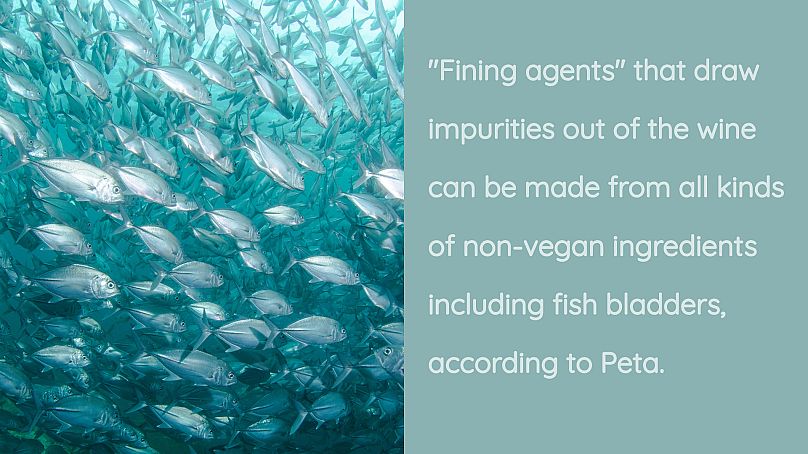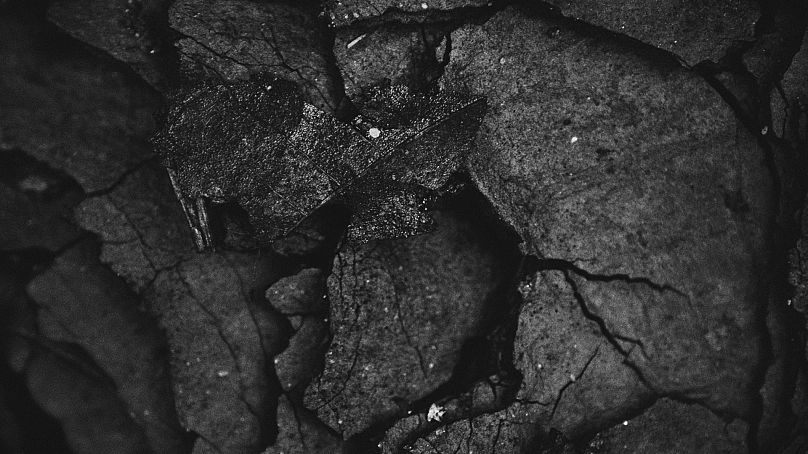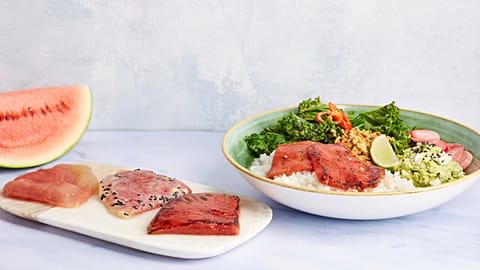We take a look at one essential dinner party ingredient you might not have realised contains animal products.
Throughout 2019 we have been bombarded with all kinds of researchcalling on us all to save the planet by adopting a vegan diet. As November is World Vegan Month, there’s no better time to get informed about what sticking to a plant-based diet really means. Aside from just avoiding dairy and eggs, there's a potential minefield of areas in your daily life where you might run into unexpected animal ingredients.
Wine, for example, is probably not something you’d think of when planning a totally vegan menu. As the festive season approaches you don’t want to have to think too hard about whether your glass of bubbly at the office Christmas party is going to ruin your new plant-based pledge.
But why exactly is wine not vegan or even vegetarian in the first place? A drink made from fermented grapes is definitely not the first place you’d anticipate finding animal-products but traditional methods can mean that hidden ingredients can be used to make your favourite wine.
The number of people identifying as vegan has increased rapidly in recent years and is up 350% in the UK alone according to the **Vegan Society. **Changes are being made by some in the industry to avoid potential conflict with a plant-based diet but what does this really mean for the way that wine is produced?
Read More | My eco job: Running a vegan cafe
Blood, bone marrow and bladders; why are they in my wine?
As wine ages in the barrel, unwanted materials that make it hazy, bitter and not a colour you would expect. Over time these unwanted materials will naturally settle out but many manufacturers prefer to speed up the process by using something called a “fining agent”. When added to the wine these react with all the particles that can make it bitter and hazy removing them from the final product.
These “fining agents” are traditionally made from animal products. Dawn Carr, Director of vegan corporate projects at Peta UK told Euronews living that these can be made from all sorts of non-vegan ingredients “including blood and bone marrow, casein (milk protein), chitin (fibre from crustacean shells), egg albumen, fish oil, gelatine (protein obtained by boiling animal parts), and isinglass (from fish bladders)"
Added to the top of the vat, these additives sink through the wine collecting all the unwanted proteins, yeasts and other organic materials. In a vintage wine, this process happens naturally over time but with many of the young wines you are likely to buy in the supermarket, there is a high chance that it has been filtered in this way.
Along with all of the sediment they have collected, these agents are then filtered out which means no trace of the fining agent is found in the final product. Some people who follow a plant-based diet for health reasons might not have an issue with this but for those who are vegan for ethics and the environment, it means having to check more carefully when buying a drink.
Read More | We tried a new plant-based menu at London restaurant Scarlett Green
Ditching tired tradition for plant-based alternatives
All is not lost, however as many manufacturers are now switching to alternatives to ensure their wines are suitable for everyone. “Plenty of options, such as carbon and plant casein, are naturally animal-free and widely used,” explains Carr, “Vegan wine is everywhere, and almost every supermarket has a selection of clearly marked animal-friendly options.”
Retailers are beginning to make commitments to ensure Vegan wine is easier to find as well. UK supermarket, M&S has committed to making its own range of wines entirely vegan-friendly by 2022. By using pea protein as an alternative they can take the animal products out of the process but modifications to vine management and winemaking techniques help make these drinks 100% suitable for those committed to a strict vegan lifestyle.
There are tools that can help you hunt down these vegan options;** Barnivore** is one of these and provides an online directory of vegan and vegetarian beer wine and liquor. The guide tries to include as much information as possible to help people make up their mind about whether a brand fits with their idea of vegan-friendly. “Most of the time that's pretty simple, but there can be nuances in the answers that people might want to know about.” says Barnivore’s Jason Doucette, “Readers can also get a sense of how consistent a producer has been with their answers, and there's always a "what about X" factor that'll vary from person to person.”
Whether you are vegan for your own health or the health of the planet, it's always important to know the ingredients used to make your favourite food and drink.





















